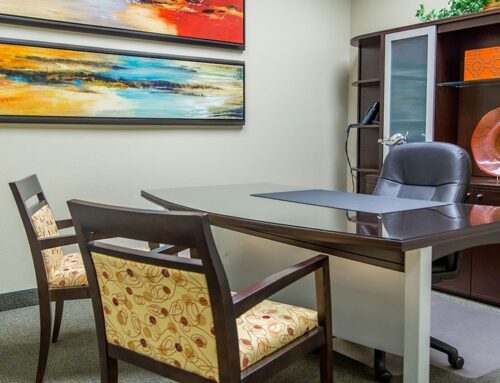The COVID-19 pandemic gave many white-collar American workers their first experience with remote working. Now, more than two years into the pandemic, many employers have found the value in having teams of remote employees. Not to mention, many workers prefer working from home and are continuing to work from home even though mask restrictions are dwindling. Freelancers and creatives enjoy the freedom they get from remote work, and that interest doesn’t seem to be decreasing.
What Enabled Us to Be Able to Work From Home?
The United States transitioned from a primarily manufacture-based economy to a service-based economy in the 1960s. Major American economic sectors have become increasingly digitized as internet technologies have improved, beginning in the 1990s. This growth has developed to the extent that a growing majority of Americans can do their jobs from home. Many professionals project that freelance workers will make up the majority of the U.S. workforce by 2027.
How Might Remote Work Change Going Forward?
Remote work doesn’t always imply working from home. Many lawyers, private consultants, and small business owners develop and run their businesses from professional offices. Many people feel that their home is just too distracting to work. Working in a private office likely has fewer distractions than a home-work environment or a company office.
Given the development of the internet and the subsequent jobs resulting from the development of computers, new workers joining the labor force can complete many jobs from anywhere in the world. A digital artist, programmer, accountant, and salesman can work thousands of miles away from their company’s primary office. These types of workers already have experience working independently.
Are There Any Negatives to the Growing Popularization of Remote Work?
Not everyone can do remote work. Many of the goods and services we need on a day-to-day basis require the mass transportation of goods and in-person contact. People are social creatures, so remote work will likely allow us to rethink how we use our time during the day. People with remote work have more flexible schedules, which allows them to choose how they want to spend their days. However, as remote work becomes more popular, business procedures will likely become more standardized, and employees will start to work on a more stratified schedule. Employees and employers will adapt to changing work environments.





